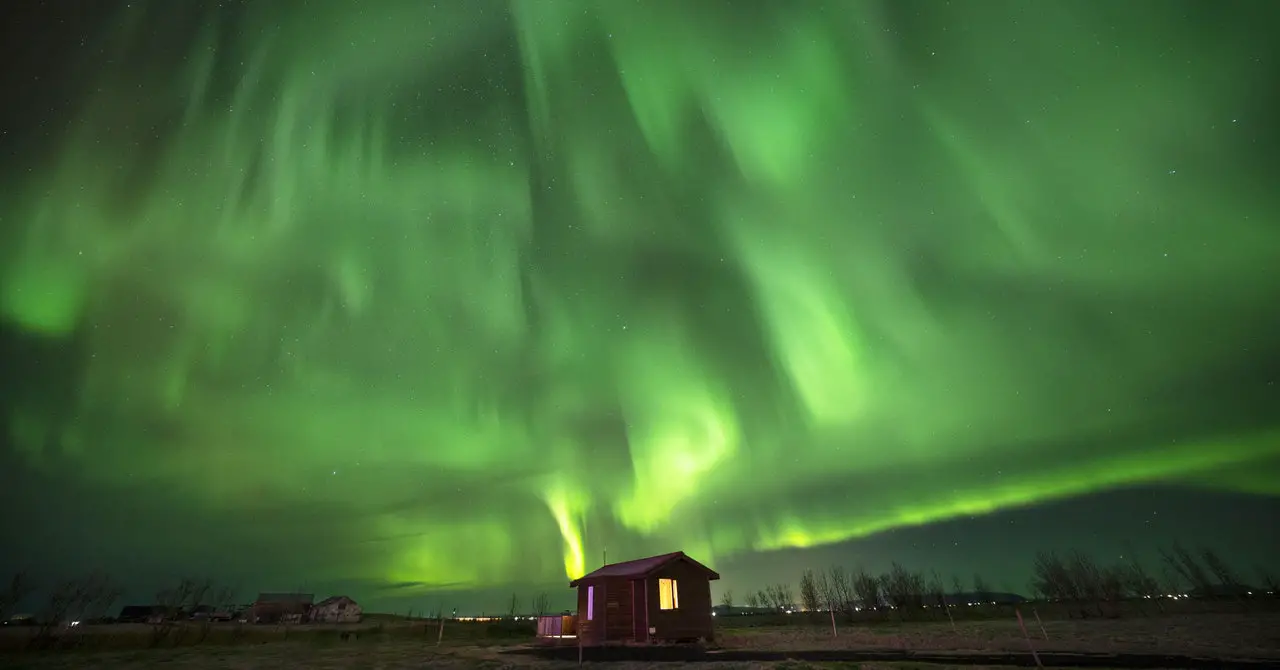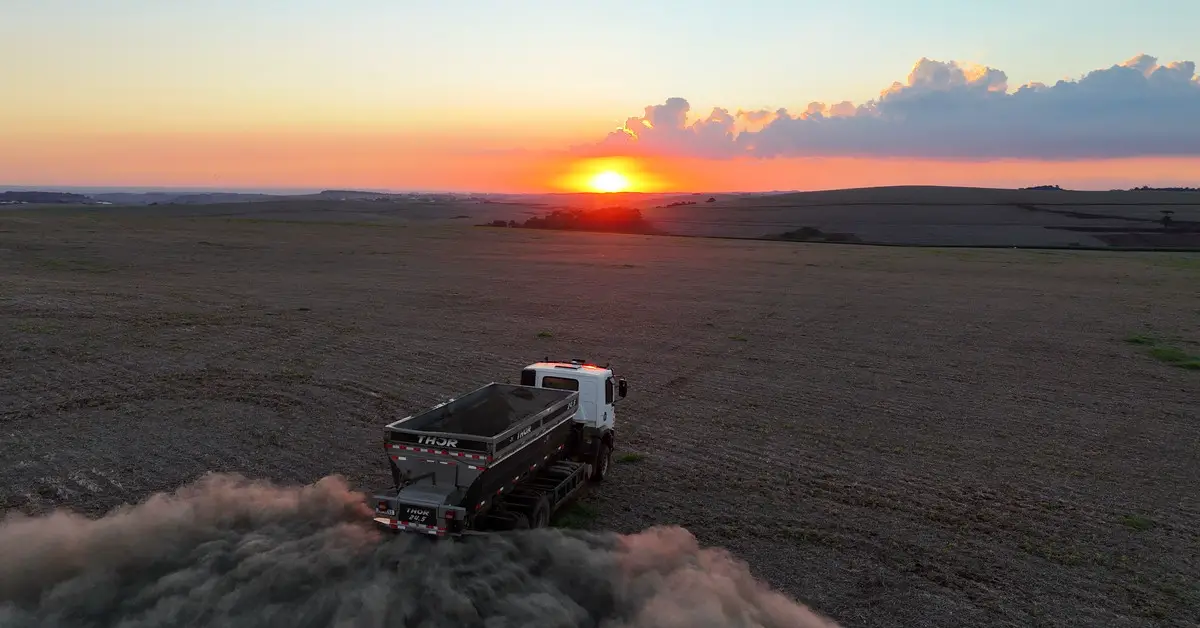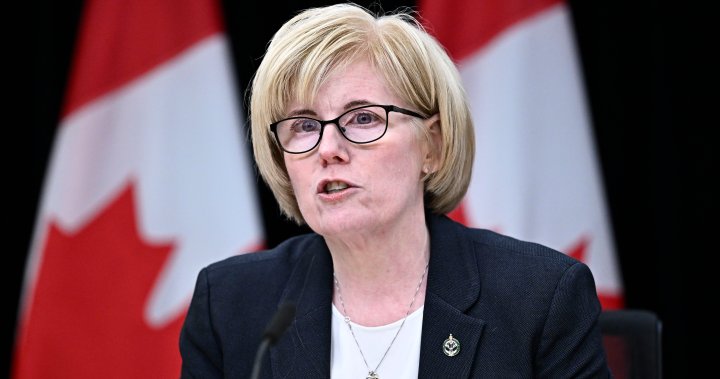
When I arrived at Hotel Rangá in Iceland, I was most excited to see the button on the phone in my room that said, “Aurora Wake-Up.” The tiny, black button seemed insignificant based on its size but, in my opinion, it was one of the most important features at the hotel.
Each day, I clicked the button and received an automated message letting me know I had been added to the Aurora Wake-Up call list. And each evening I went to bed with my fingers crossed. Just as I was drifting off to sleep on my last night, the phone in my hotel room rang at 11:30 pm and an automated message alerted me to look for the northern lights. I jumped off the bed, threw on my coat and hat, and ran outside, following the other guests.
The auroras were hard to see with my eyes alone. So I pulled out my phone and pointed it at the shifting clouds above me and took a photo with the slowest camera speed possible. That’s when I saw them. Greens and purples shooting through the clouds in a variety of different hues. As I walked around the front yard of the hotel, which is situated in a remote area in the southern part of the Nordic island nation, I could not only see the lights through my camera but, as my eyes adjusted to the darkness, the stars became more clear and vivid than I had ever seen before. As the night went on, I befriended a family from Connecticut also staying at the hotel. The five of us spent the next couple of hours taking photos and waiting for the clouds to shift for even better viewing.
I was thrilled to stay at a hotel with a northern lights wake-up service. Especially since, by that last night on my trip, jet lag had finally caught up with me. When it was time for viewing, I was close to a deep sleep and might have missed the show.
Bring Your Phone Outside
I asked the experts at Hotel Rangá, which paid for my stay, to help me understand my experience, especially since I couldn’t see much with my eyes alone. Eyrún Aníta Gylfadóttir, marketing manager the hotel, explains that “when solar activity is low, cameras can pick up northern lights that are less visible to the human eye. Using a long exposure on the camera allows more light into the lens, making them visible on the photo. However, when solar activity is high, the northern lights are easily seen with the human eye.”
How the Wake-Up Call Works
Each day, when I pressed the Aurora Wake-Up call button on my phone, my room number was added to a list. “If a guest does not pick up the phone for the wake-up call, we do go and knock on the door to make sure they do not miss the lights,” Gylfadóttir says. “The lights can also change quite quickly, meaning they might have been visible when the night guard made the decision to start the wake-up call but had then faded by the time our guest came outside. Sometimes it’s a matter of seconds, sometimes minutes, sometimes hours. We never know for how long they are going to be visible.”
Hotel Húsafell, located in the town of Húsafell in western Iceland, also offers an aurora wake-up call service for its guests. “People can sign up at the reception for their individual rooms, and if the northern lights appear during the night, our night receptionist will call their room to let them know,” says Áslaug Ragnhildardóttir, the groups coordinator at Hotel Húsafell. “They then need to go outside and face the north, to view the aurora borealis.”
When to See the Lights
An appearance of the northern lights is extremely hard to predict, as the lights can be seen anytime from the start of September until mid-April. There are a few northern lights prediction apps available to download. The team at Hotel Rangá uses the forecasting website Iceland at Night, which it says is quite accurate.
Hotel Details
Hotel Rangá is intentionally located in a remote area in southern Iceland, so visitors have a better chance of seeing the lights. It’s also a great place to view various waterfalls and other popular attractions. The starting rate in the winter is €394 ($426) per night in a standard room. The hotel also offers a four-night stay for aurora chasers called Age of Aurora with a starting rate of €303 ($328) per night in a standard room. The average rate for all room categories in the winter is €600 ($649) per night with breakfast and geothermal hot tub access included.
Hotel Húsafell is also located in a remote area great for viewing the northern lights but farther north in Iceland. “The hotel is very close to Icelands second biggest glacier, Langjökull, and many times the clouds break and we get to see the [northern lights] here,” says Ragnhildardóttir. Hotel rates—which are inclusive of breakfast and unlimited access to the hotel’s geothermal pools and hot tubs—range from $308 to $875 per night depending on the size of the room and the time of year. Hotel Húsafell often has special offers on its website, especially during the low season.
My recent trip was at the very end of August, and thanks to this summer’s increase in solar activity, I was able to check the northern lights off my bucket list. But even if I didn’t, there is so much to do in Iceland, from viewing active and dormant volcanoes to driving between amazing waterfalls to eating delicious meals. I hope to be back again soon.







